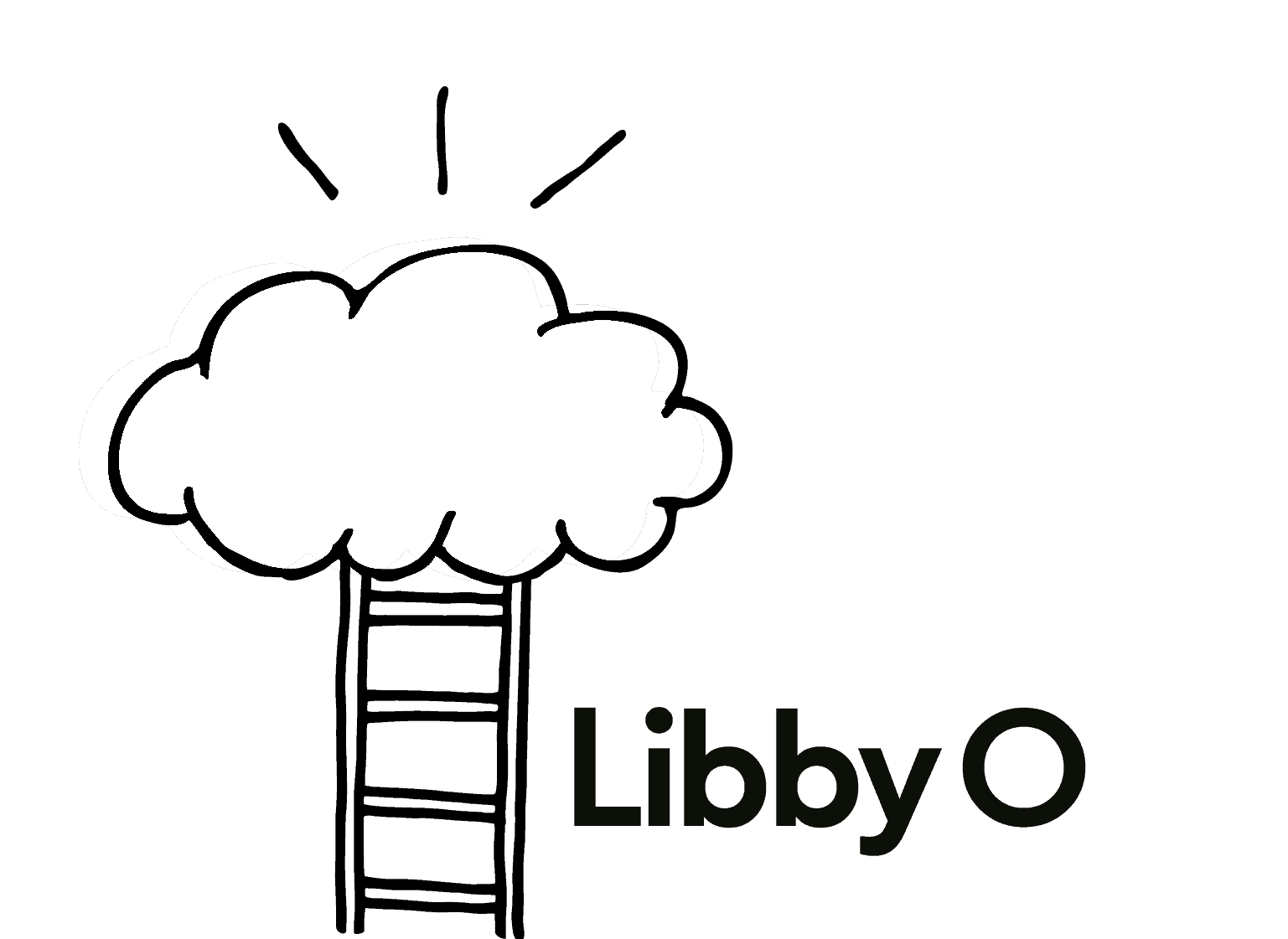I picked up a rental car recently from a company trialing a new digital check-in process. The last screen read ‘I agree that this is a true representation of the condition of the vehicle’. It had a place for me to sign for said vehicle – that would be the vehicle I hadn’t even seen!
Long story short, a difficult conversation arose.
I apologised to the young man staring at me across the counter as if to wish me gone. However, as I explained to him in the best way I could, I couldn’t see how I could agree to that statement without having seen the car.
I empathised that I understood he did not make the rules. What’s more, it must be challenging for him to be the one to follow procedures that aren’t customer friendly. That was met with a ‘Couldn’t have said it better myself’ type look.
In my own mind, I also empathised that he probably hasn’t had a minute’s training on how to have a difficult conversation.
It made me wonder how often our processes are incorrect or anti-customer? What’s more, how many front-line staff are required to have difficult conversations about such processes?
Ironic, isn’t it? The most inexperienced and junior team members are having difficult conversations with our biggest stakeholders, our customers. Most likely without any training.
Take your front-line team members for a coffee this afternoon and ask: ‘Do the company processes sometimes make it hard for you to do your job?’.
If Peter Drucker, one of the most widely known and influential thinkers on management is to be believed; “Most of what we call good management consists of making it difficult for people to get their work done”.
Subscribe To Stay In Touch
From time to time I send out morsels that help you work smarter, not harder; hints and tips, research and statistics from the masters who study this stuff or early bird specials on upcoming courses.
Come on a 'no spam' journey with me.
You can always change your mind later.


0 Comments